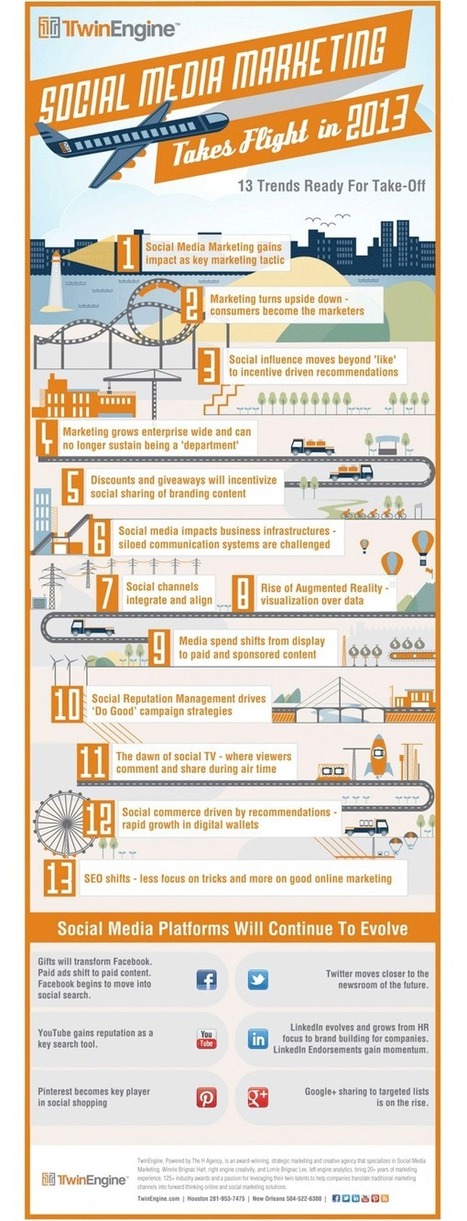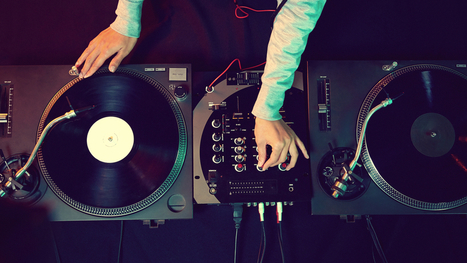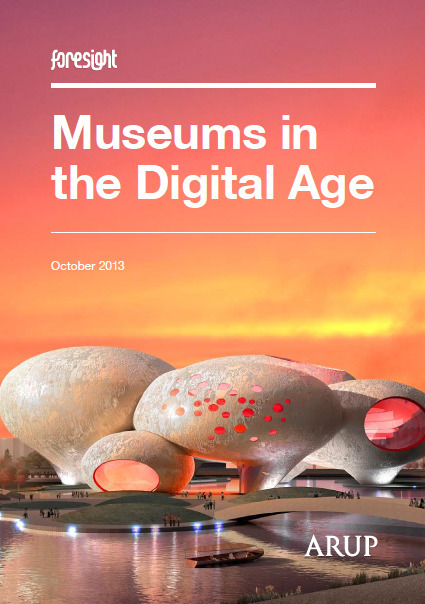We have been witnessing major transformations in the corporate mentality regarding office design. Here are some of the main workspace design trends...
According to this infographic from Alliance Interiors, more changes are yet to come, as the office of the future will be less business-focused and more employee-oriented. As a result of switching from closed offices to open offices- one of the most visible upgrade in workspace layout- we find out that the speed and accuracy of work has increased with 440%. This is mostly why open offices will continue to shape working environments in the years to come.
Via Lauren Moss



 Your new post is loading...
Your new post is loading...

![Shaping The Office Of The Future: Workspace Design Trends [Infographic] | Design, Science and Technology | Scoop.it](https://img.scoop.it/c1Y1QpaBh_S3BwnqiUu17zl72eJkfbmt4t8yenImKBVvK0kTmF0xjctABnaLJIm9)



















Norm Miller's insight: There is more to it than in this review encouraging open offices. JLL had a nice report that focused on value adding activities and noting that solo thinking in isolation was one of those. But this is still very useful.